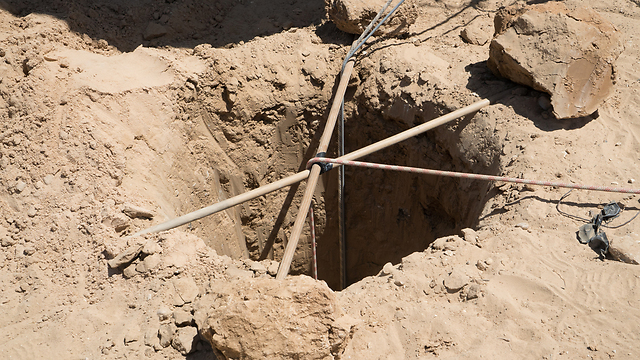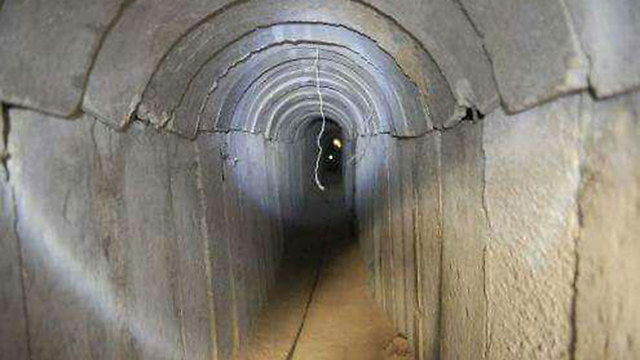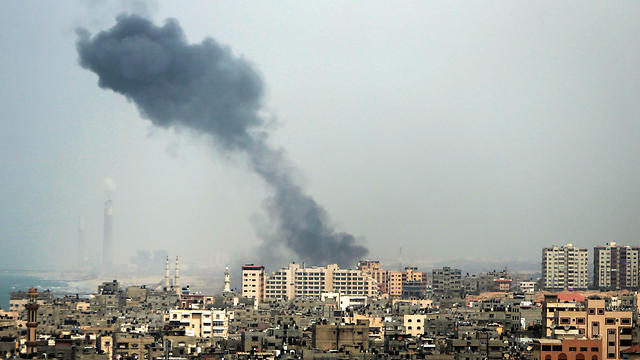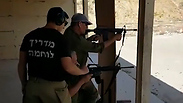
Settlement patrols in training
Photo: Roee Idan
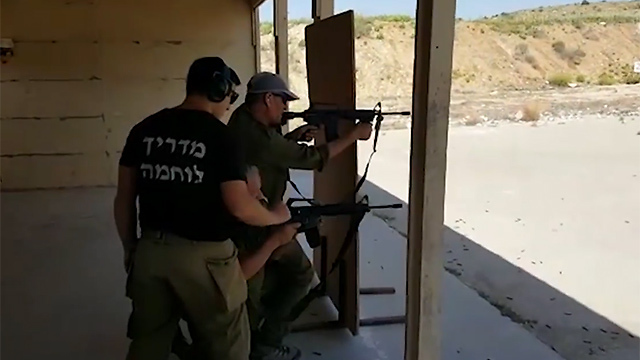
Gaza border communities prepare for future wars
With the quiet surrounding Gaza since Operation Protective Edge always on the verge of ending, communities surrounding the Strip make efforts to implement the lessons learned following the operation, and do their best to prepare themselves for the all-but-certain reoccurrence of war.
Residents of Gaza border communities and the south have recently enjoyed relative quiet. Three years have passed since the beginning of Operation Protective Edge and deterrence against Hamas is being maintained. But everyone believes that further escalation is only a matter of time, and are preparing accordingly.
Despite all the preparations, there is one issue that is probably the most significant for residents living close to the Gaza border: evacuating from their homes in times of emergency.
In the past, harsh criticism was voiced against failings in evacuations, and as part of the lessons learned from operation, the National Emergency Management Authority (NEMA) built a population evacuation plan—a community in danger evacuates while another community receives the evacuees.
The Southern Command is responsible for implementing the plan. "The significant thing is that the state recognized the need to evacuate residents and prepare plans," said Uri Ben Yehuda, who is in charge of security and emergency in the regional councils. "There are still some (improvements needed), but both readiness and understanding are better."
In the meantime, the IDF is closely following Hamas' moves, and although estimates indicate that the organization that controls Gaza does not intend to escalate in the foreseeable future, this does not guarantee long-term calm.
Residents of the Gaza border communities understand this well, and they prepare for the usual threats—mortar shells and short-range rockets, as well as infiltrations from tunnels across the fence.
Therefore, since the end of Operation Protective Edge, more intensive training has been carried out for the on-call civilian squads referred to as the "settlement patrols," and new combat equipment has been purchased for the Gaza border communities.
"There is no doubt that readiness is higher," says Ilan Isaacson, the Eshkol Council Security Officer. "We live it and we have to be alert and ready for any scenario."
At the same time, intensive work is being carried out in order to mentally prepare the residents as much as possible for dealing with the trauma of war.
Hila Gonen-Barzilai, director of the Sderot Resilience Center, notes that about 1,000 people have been treated in the center this year. In the children's treatment room, Gonen-Barzilai explains the game "safe place," one of the methods used by the therapists in working with the younger generation.
"The children call it 'Qassam (rocket type popular with terrorist organizations) monopoly.' We explain that the alarm is a friend, which keeps us safe and reminds us that we should not be afraid and should not be freeze in place," she says. "Sometimes all you have to do is remind the child that he has the strength (to pull through).
"We train people to help—both themselves and others. Once a person has a role, the chances of him going into post-trauma are smaller."















